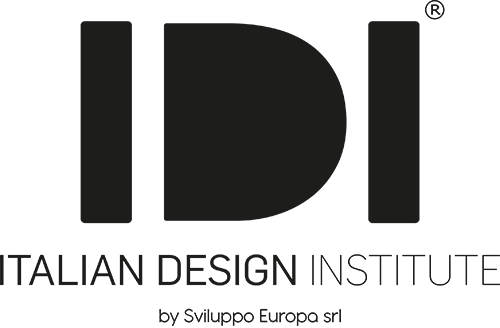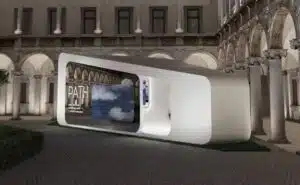We often do not stop to think that the success of a theatrical event depends predominantly on thelighting set-up which is created ad hoc to emphasise and punctuate the various moments of the performance.
Lighting Design is a real artistic and technical discipline which plays a crucial role in events and theatre, as the right lighting can completely transform the atmosphere, create emotions and create an unforgettable experience for the audience.
It is the lighting designer the professional called upon to shape light and guide the public through a unforgettable visual journey.
It is a professional with unique and specific skillsconcerning thelighting but not only.
The Role of the Lighting Designer: Beyond Lighting
The Lighting Designer is the creator of the luminous landscape that envelops an event or a theatrical performance. Its mission is to transform an empty space into an exciting and engaging environment through the skilful use of light, shadow and colour.
He often works closely with the director, whose artistic vision he has to understand and interpret and translate into an innovative light project.
But what are the technical skills of the lighting designer?
One of the fundamental pillars for a Lighting Designer is to possess advanced technical skills in the field of lighting engineering.
Fundamental for him is being able to master theuse of design software and simulation to create and test ideas before translating them into reality. Starting with software such as CAD, DIALux, or Capture, which are widely used in this sector.
In addition, this professional must have control of the lights and therefore master the control consoles and must have an understanding of communication protocols, such as DMXwhich allow complex shows to be performed and light and sound to be synchronised to create immersive effects.
Creativity and Artistic Sensibility: The Power of Luminous Expression
However, technical aspects and technological expertise are not enough to make a lighting designer.
Alongside this very important, indeed essential, area, he must demonstrate that creativity and artistic sensitivity, which are then the keys to giving life to lighting projects engaging.
The Lighting Designer must be able to perceive and give voice, indeed light, to the atmosphere and emotions required by the performance, transforming them into a range of lights and colours that reflect the narrative of the show or event.
The skilful use of colours, warm or cold light, shadows and shapes can create an extraordinary visual experience for the audience, and the lighting designer's ability to think outside the box and come up with original solutions allows the Lighting Designer to stand out and leave an indelible impression in the hearts of spectators.
Space and Time Management: The Harmony of Lighting
A Lighting Designer must have a sound understanding of the space and architecture of the venue where the event or theatrical performance. The ability to manage lighting in a way that enhances the environment, objects and people, avoiding unwanted effects or reflections, is a key skill.
In addition, timing is essential. The Lighting Designer must be able to synchronise lights with music, actors' actions or interventions during the event, so as to create a harmonious and engaging flow.
Stress management and the ability to work in a team are other aspects to be taken into account for this professional.
Events and theatre are often characterised by tight deadlines and high-stress situations. A Lighting Designer must be able to remain calm under pressure and make quick and wise decisions. The ability to adapt to last-minute changes and to collaborate with other team members, such as lighting technicians and the artistic director, is essential for the success of the entire show.
Becoming a lighting designer of events and theatre with the specialisation course signed IDI
Italian Design Institute has designed an ad hoc course to train this professional figure. The course programme includes the study of specific topics such as:
- the language of light
- Theatrical lighting
- Light in temporary design
- Characteristics of new LED technologies
- Natural light and artificial light
- Lighting console hints
- Using Vectorworks Design Suite software
- Preparing a lighting design and lighting plan by practising in a real theatre context
The course, for 20 participants, includes online lessons followed by in-presence lessons at PACTA of Theatres, Milan, an innovative space, a cultural reference point for the area, with a programme of events that is always very rich and of high quality. In addition, a project work is planned to be carried out in 45 days to develop a lighting design project following the outline issued by the reference teacher.
To find out more, visit the site, click here: https://www.italiandesigninstitute.com/corso-intensivo-in-lighting-design-eventi-e-teatro/




